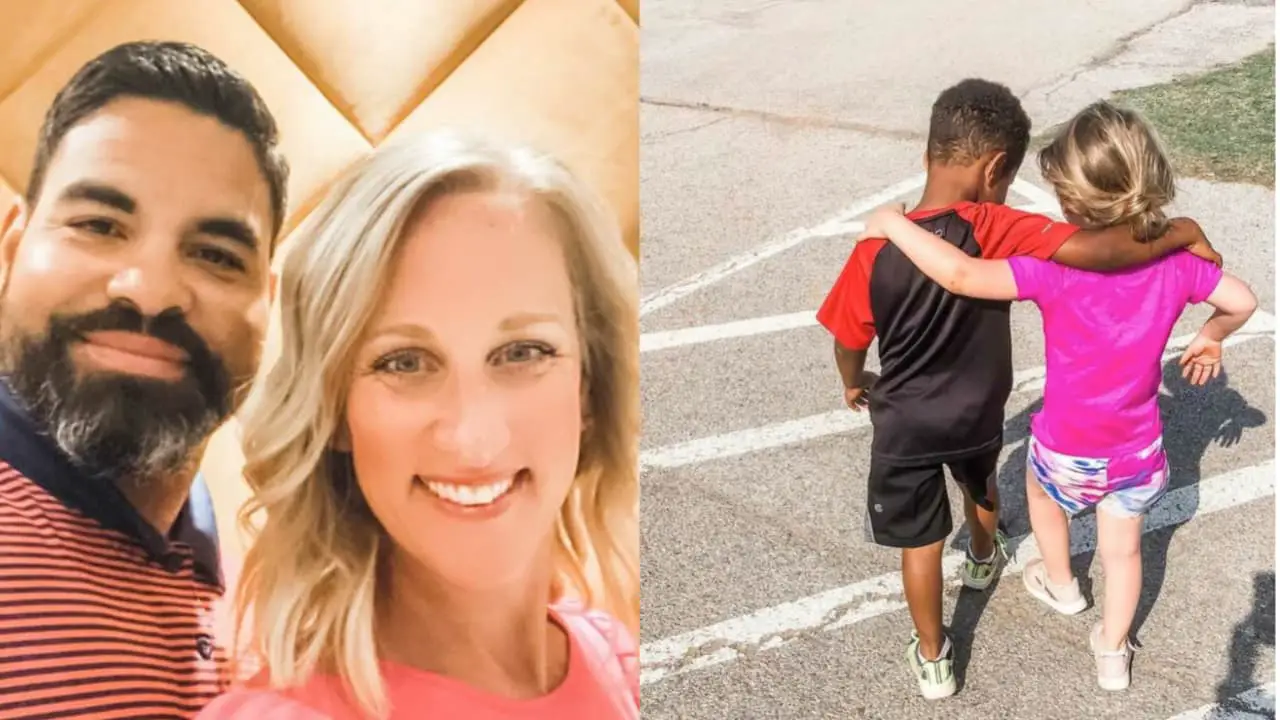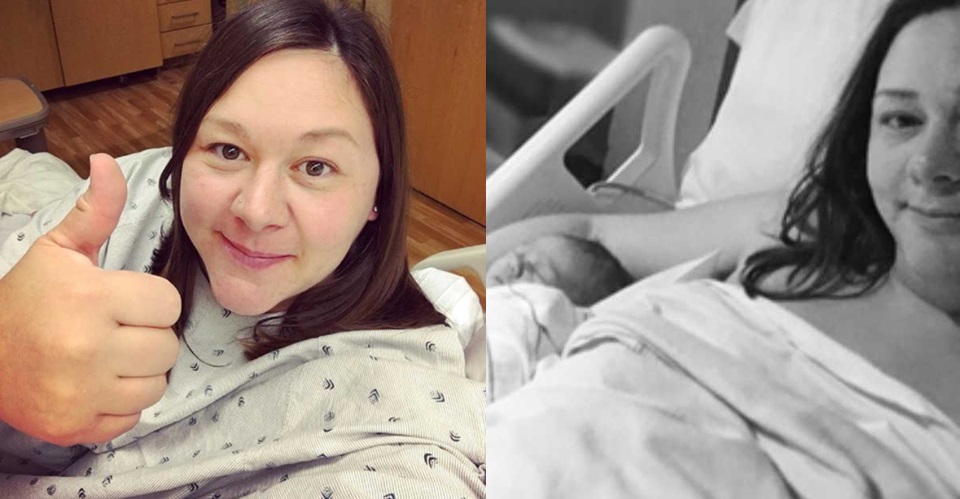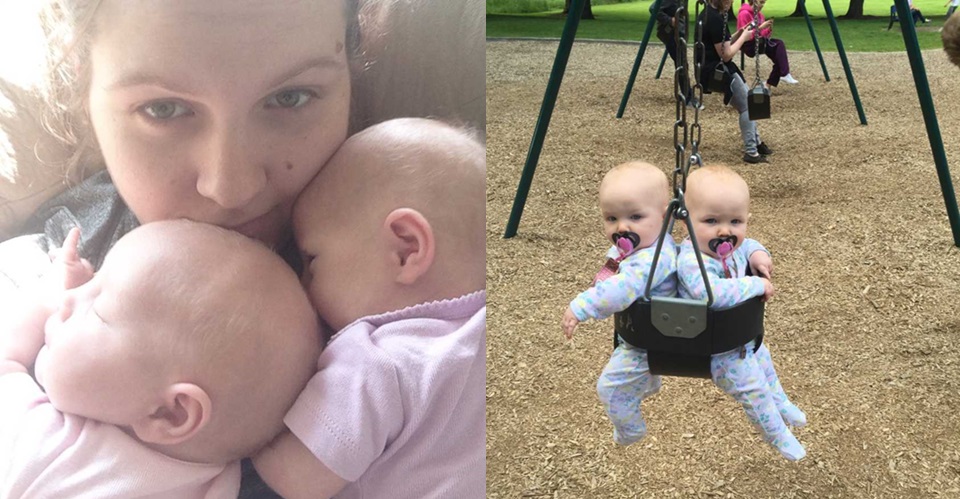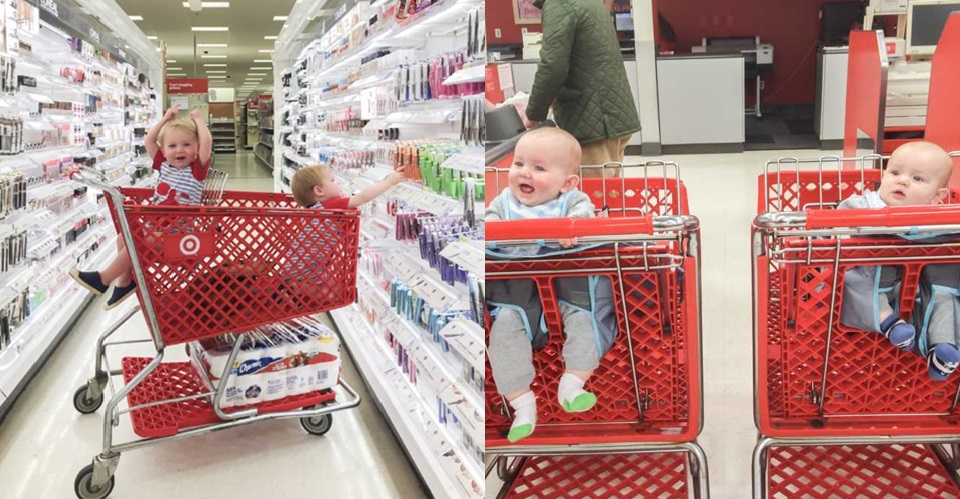I don’t think I will ever get used to the feeling of panic when the phone rings with a new foster placement. It always makes my chest tighten, even though I’ve been through it before. The call came on an ordinary afternoon. “Mrs. Torres, we have a four-day-old baby at the hospital who needs placement tonight. Can you take her?”
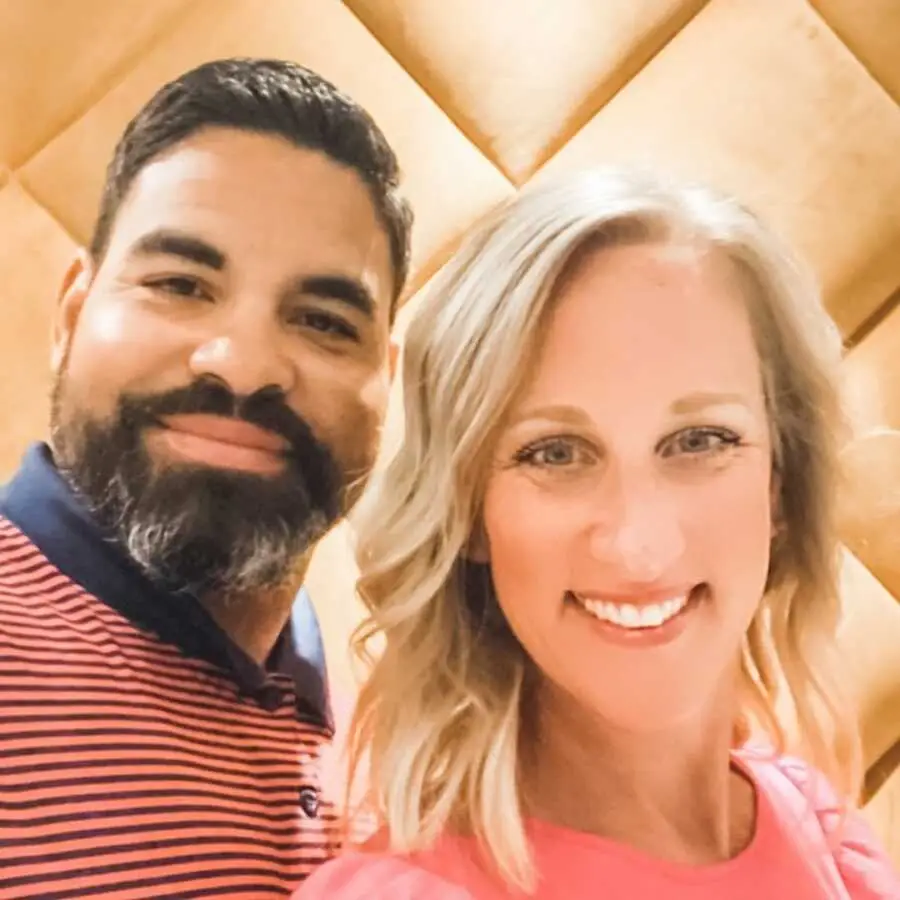
It was 2:30 in the afternoon, and I was driving to pick up my four children from school. Our evening was already full with sports practices and errands, but I had learned how to say yes even in the middle of chaos. Somehow, it always worked out. Still, I couldn’t ignore the ache in my chest from what fostering had already cost us.
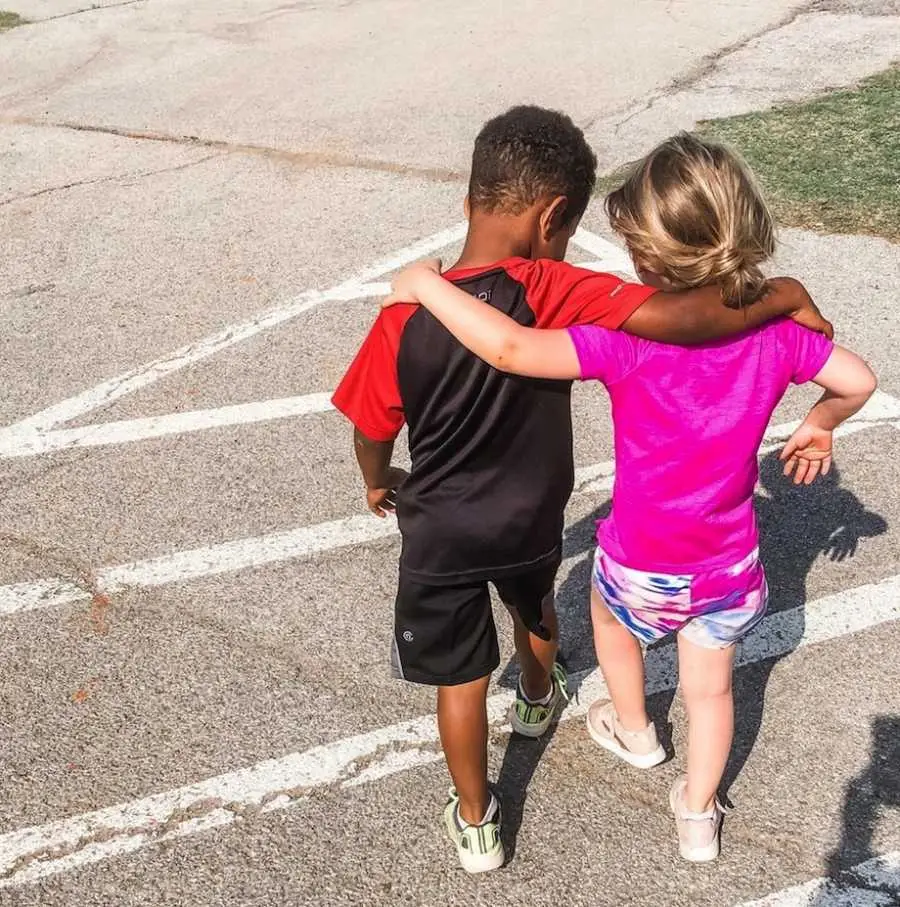
Just five months earlier, we had said goodbye to our foster son who had lived with us for 18 months. He moved into an adoptive home where he could be reunited with three of his siblings. We were so grateful for him to be with his family again, but the grief of losing him from our daily lives was heavy. That pain was still fresh when I agreed to take this new placement. I didn’t know what kind of hurt was waiting for us this time.
That January evening came quickly. Friends and family rushed over baby supplies, and we scrambled to put together a nursery in just a few hours. By the time I drove to the hospital, my body was exhausted and my mind was spinning. I knew life was about to change in a big way, and I wasn’t sure how I would handle it.
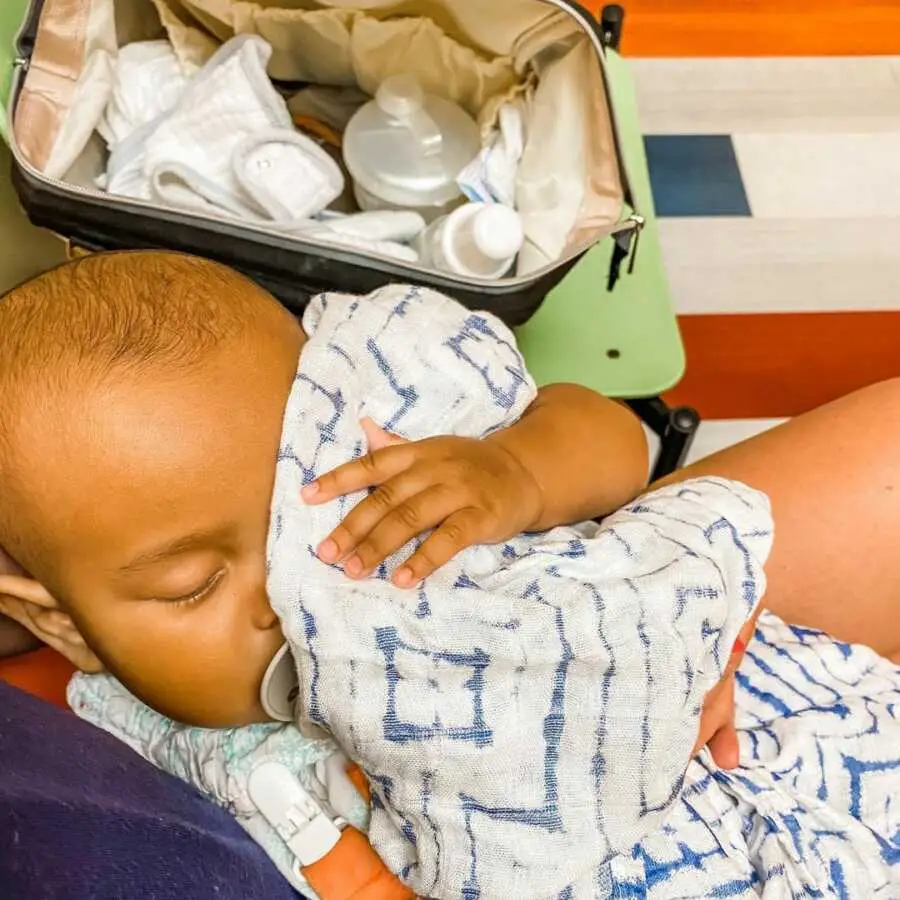
I parked in the garage and hurried inside to meet the caseworker. After signing the papers, I was sent upstairs to the NICU where the baby girl waited. Carrying the empty car seat on my arm, I buzzed at the nurses’ station and said her name. At that exact moment, I saw a young woman being wheeled out of the maternity ward. She had no baby in her arms, and I instantly knew she was the birth mother.
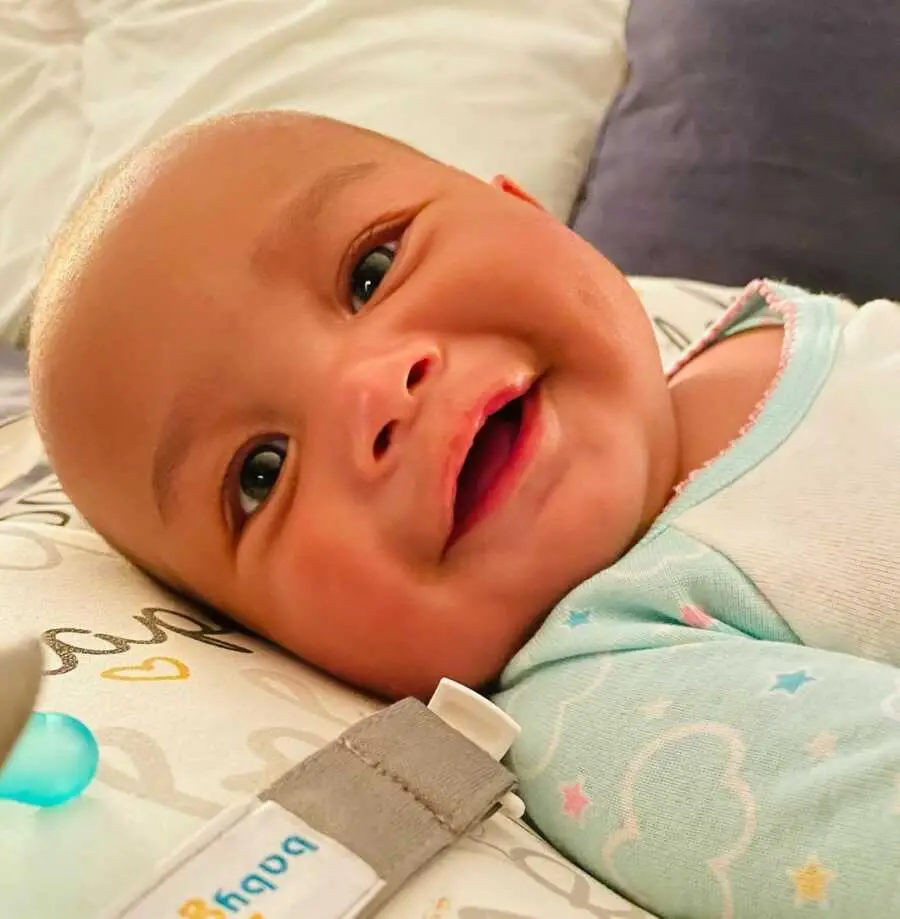
My heart broke. I had been so focused on preparing for this baby that I hadn’t stopped to think about her mother. I couldn’t imagine the pain she was in, leaving the hospital with empty arms, her body recovering, her heart aching. The sight stayed with me long after.
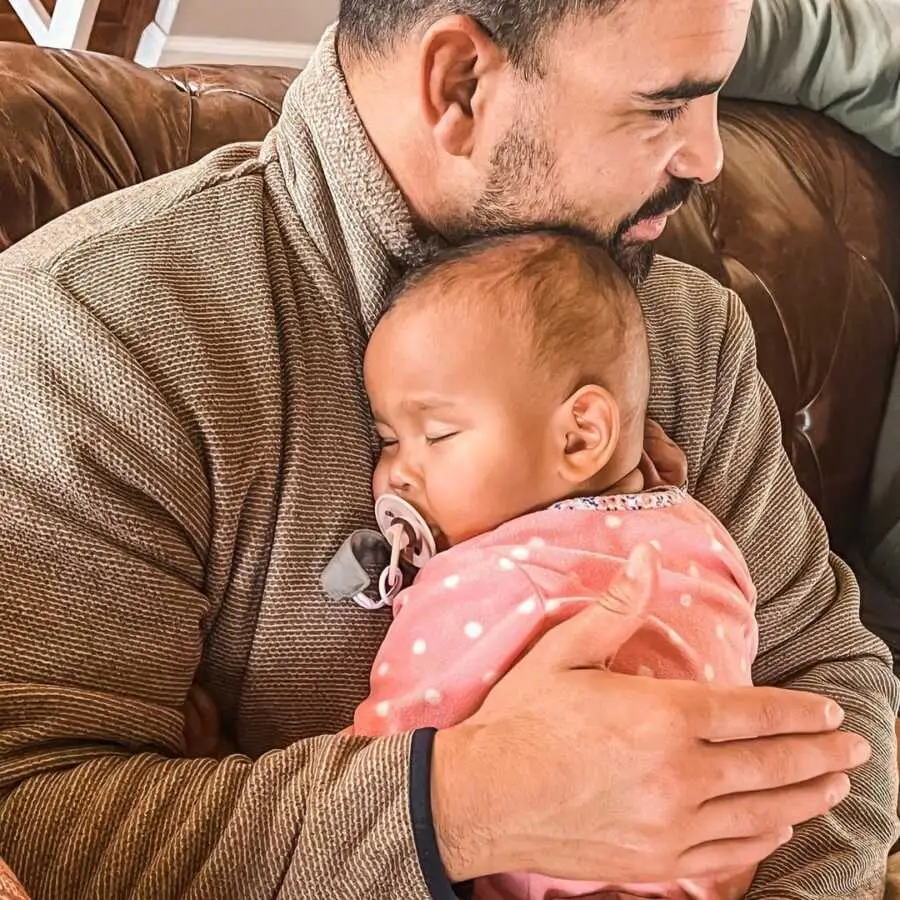
Inside the NICU, after sanitizing, the nurse placed the baby in my arms. The moment I held her, I fell in love. I had always wondered what it would feel like to hold a child I hadn’t carried. Would it be different from holding my biological children? The answer came quickly, it wasn’t different at all. She needed me in the same way my other kids had, and my love for her was immediate and deep.
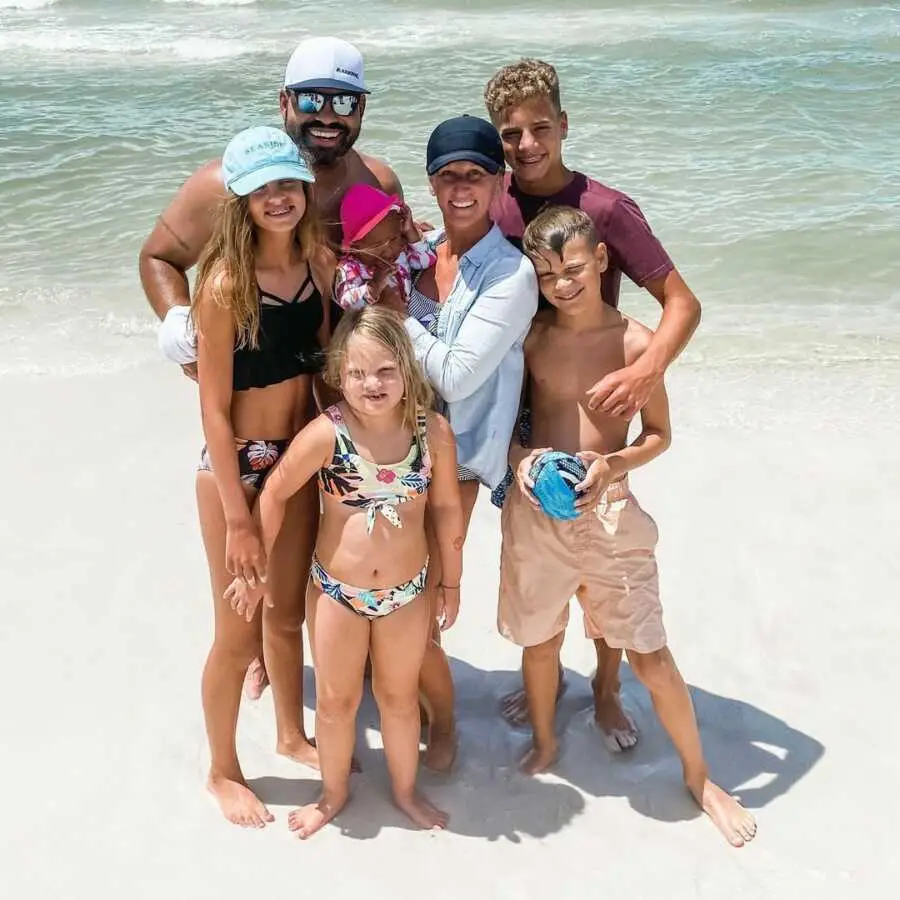
After receiving her medical instructions, I strapped her into the car seat and brought her home to meet her new siblings. Joy filled our home that night, but I couldn’t erase the image of her mother leaving the hospital.
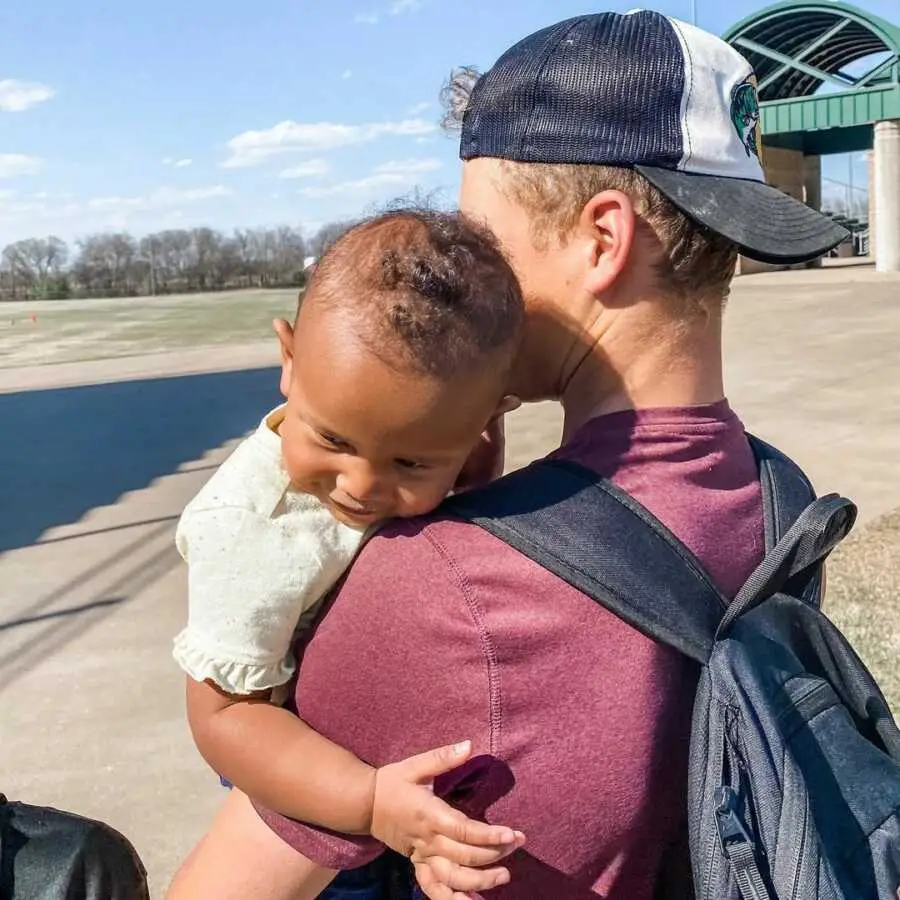
A few days later, I met her birth mom at a family visit. She welcomed me with kindness I wasn’t expecting. I was struck by how gracious she was toward me, the person walking out of the room with her baby. That moment was the start of a fragile but meaningful relationship.
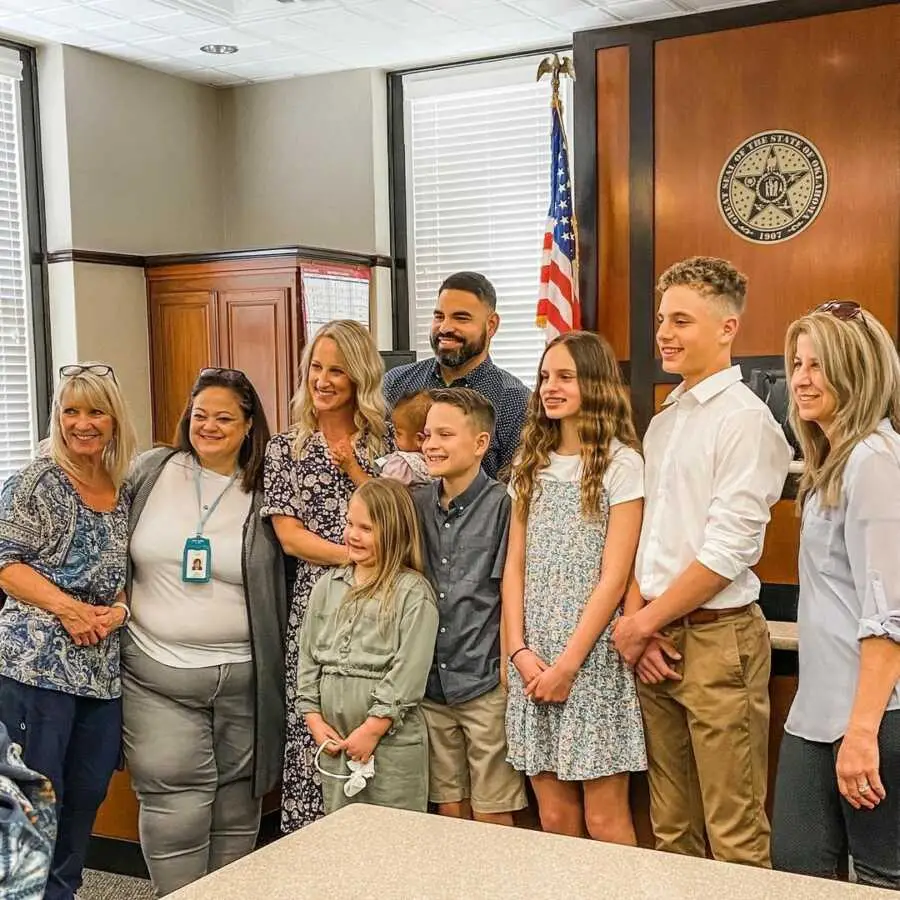
In the months that followed, there were times I thought our daughter might be able to return to her mother. We did everything we could to support that possibility. But in the end, we became her parents. Her birth mom made the most selfless choice in one of the hardest moments of her life.
People often talk about adoption as beautiful and it is. But adoption also comes from loss, grief, and brokenness. That pain doesn’t disappear when the papers are signed. It lingers in quiet ways, always present.
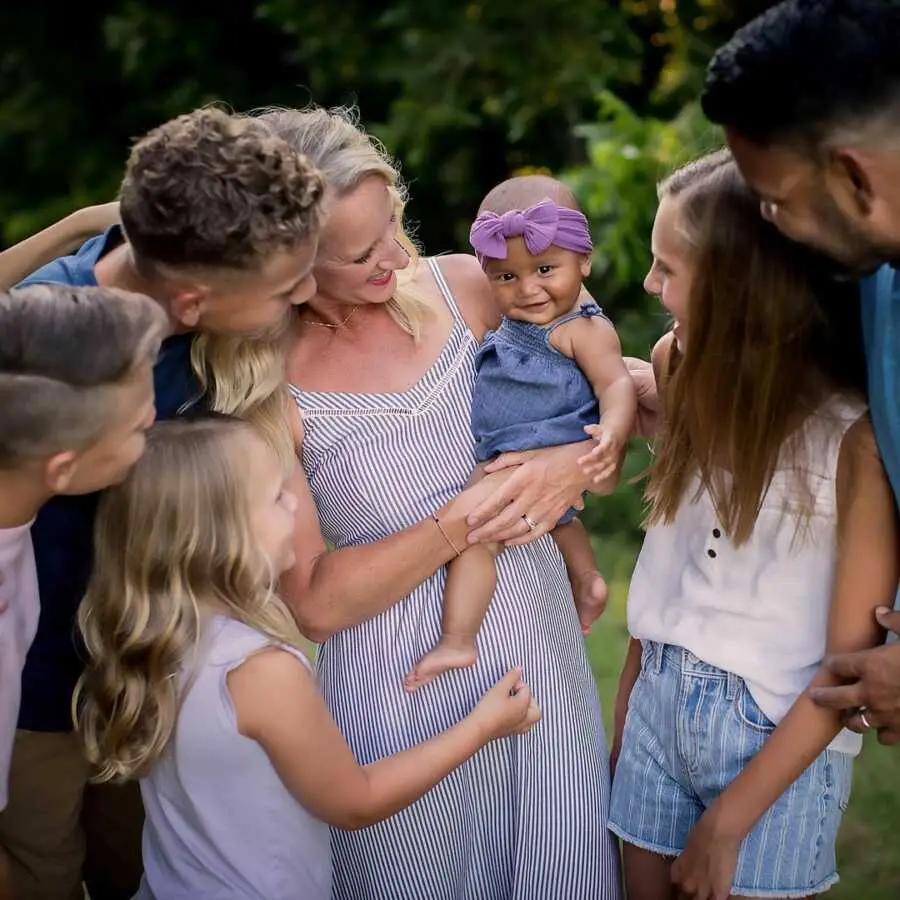
I think of her birth mom often. I think about her words to me on the day everything became final. Sitting in the courtroom, still holding the legal title of “mother,” she looked at me and said, “I know this is the right decision because you are the family I always wanted for myself.”
Her words were both beautiful and heartbreaking. I held her hand and told her I wished her story had been different, that her daughter would live free from the heavy burdens she had carried. I promised we would keep in touch and told her I loved her. And I meant it.
That is the hardest part of adoption, the mix of joy and grief. It is never just one or the other. It is both. Adoption is full of love and hope, but it is also built on sacrifice and pain. Our daughter’s story holds all of that, and so does ours.
